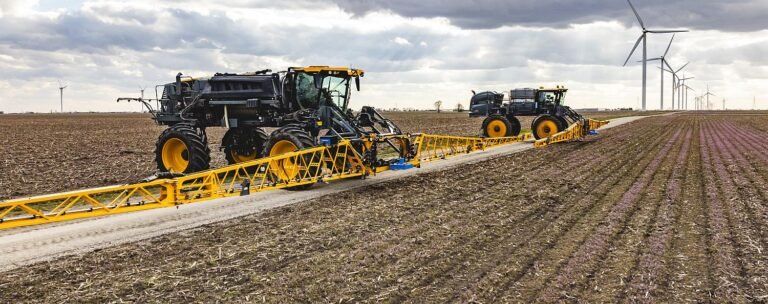The Global Agriculture and Food Security Program (GAFSP) has announced the first capital allocation from its new financing initiative to the African Development Bank (AfDB).
The $14 million investment is the beginning of more than $200 million in private-sector financing AfDB hopes to unlock for smallholder farmers across Africa through this new investment program.
Launched in 2024, the Business Investment Financing Track (BIFT) blends GAFSP grants and concessional finance with multilateral development bank investments. The model aims to drive more private-sector financing to farmers and food producers, agribusinesses, and startups, beginning in Ethiopia, Uganda, Tanzania, Malawi, and Zambia.
This first allocation “demonstrates the appetite for funders to work together in this new model to solve an age-old challenge of finance for smallholder farmers: risk,” noted Natasha Hayward, a program manager at GAFSP.
“By blending GAFSP donor funds with multilateral development and commercial finance, every Program dollar will leverage many more in private investment, multiplying the positive impact on food security and resilience to rising temperatures and unpredictable weather patterns.”
This first $14 million will establish the Agro Inputs Risk Sharing Facility (ARSF), which will help smallholders access agricultural inputs and technical assistance.
The facility includes a $10 million tranche of de-risking capital and $4 million in grant funding for technical assistance.
De-risking agriculture to build resilience
Smallholder farmers often struggle to access credit due to the high perceived risks of investing in agriculture. The ARSF, administered by the African Trade & Investment Development Insurance, will provide portfolio guarantees to local banks to encourage lending to agro-input businesses and cooperatives.
The facility is expected to directly benefit over 1.5 million smallholder farmers and 500 intermediary agro-dealers and cooperatives. It will expand access to certified seeds, fertilizers, soil enhancers, and mechanization—tools necessary in a world increasingly dominated by climate shocks like extreme heat and water scarcity.
“By targeting agro-input dealers and smallholder farmers, this facility intends to strengthen the entire value chain, from input supply to market access,” said Philip Boahen, lead for partnerships and coordination at the AfDB. “With the establishment of the Agro Inputs Risk Sharing Facility, we are planting the seeds of a more food-secure Africa.”
Aligning with Africa’s food systems agenda
The ARSF supports Africa’s commitments under the Comprehensive Africa Agriculture Development Programme (CAADP) and the Kampala Declaration on Accelerating the Implementation of Africa’s Food Systems Transformation, adopted by African heads of state in 2025.
By reducing financing barriers for agribusinesses, the facility contributes to the continent’s broader goals of ending hunger, reducing poverty, and enhancing resilience to environmental pressures.
As the first allocation under BIFT, this initiative lays the groundwork for scaling up de-risking models that combine public and private resources. Future phases are expected to expand into other low-income countries, unlocking further investment to strengthen food security across the Global South.
The post Another $14m unlocked for Africa’s smallholders as part of $200m private-sector finance initiative appeared first on AgFunderNews.


